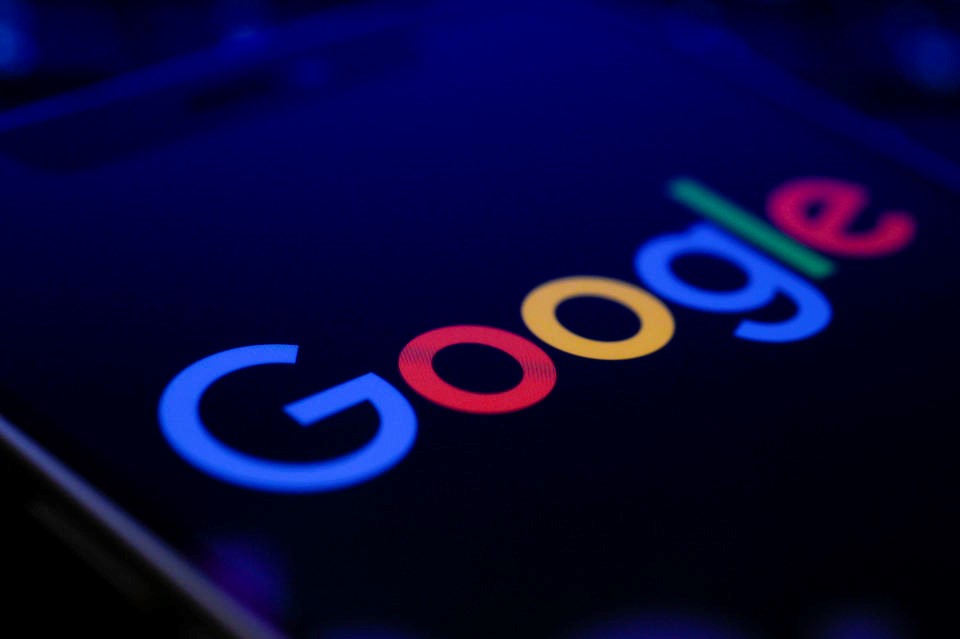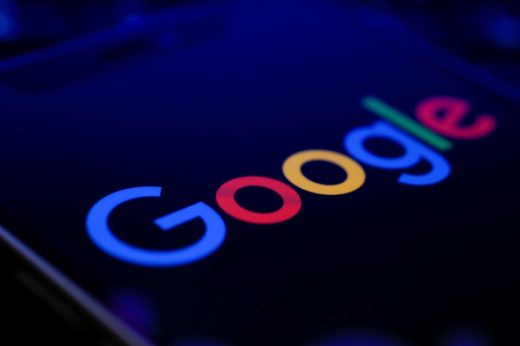Google dismisses Elon Musk’s claim that autocomplete engaged in election interference
Google dismisses Elon Musk’s claim that autocomplete engaged in election interference
The owner of X claimed there was a “search ban” on Donald Trump.

Google has responded to allegations that it “censored” searches about Donald Trump after Elon Musk baselessly claimed the company had imposed a “search ban” on the former president. The issues, Google explained, were due to bugs in its autocomplete feature. But Musk’s tweet, which was viewed more than 118 million times, nonetheless forced the search giant to publicly explain one of its most basic features.
“Over the past few days, some people on X have posted claims that Search is ‘censoring’ or ‘banning’ particular terms,” Google wrote in a series of posts on X. “That’s not happening.”
Though Google didn’t name Musk specifically, over the weekend the X owner said that “ Google has a search ban on President Donald Trump.” The claim appeared to be based on a single screenshot of a search that showed Google suggested “president donald duck” and “president donald regan” when “president donald” was typed into the search box.
The same day, Donald Trump Jr. shared a similar image that showed no autocomplete results relating to Donald Trump for the search “assassination attempt on.” Both Trump Jr. and Musk accused the company of “election interference.”
Over the past few days, some people on X have posted claims that Search is “censoring” or “banning” particular terms. That’s not happening, and we want to set the record straight.
The posts relate to our Autocomplete feature, which predicts queries to save you time. Autocomplete…
— Google Communications (@Google_Comms) July 30, 2024
In its posts Tuesday, Google explained that people are free to search for whatever they want regardless of what appears in its autocomplete suggestions. It added that “built-in protections related to political violence” had prevented autocomplete from suggesting Trump-related searches and that “those systems were out of date.”
Likewise, the company said that the strange suggestions for “president donald” were due to a ”bug that spanned the political spectrum.” It also affected searches related to former President Barack Obama and other figures.
Finally, the company explained that articles about Kamala Harris appearing in search results for Donald Trump is not due to a shadowy conspiracy, but because the two— both of whom are actively campaigning for president — are often mentioned in the same news stories. That may sound like something that should be painfully obvious to anyone who has ever used the internet, but Musk’s post on X has fueled days of conspiracy theories about Google’s intentions.
Musk’s post, which questioned whether the search giant was interfering in the election, was particularly ironic considering that the X owner came under fire the same weekend for sharing a manipulated video of Kamala Harris without a label, a violation of his company’s own policies.
While Google’s statements didn’t cite Musk’s post directly, the company pointed out that X’s search feature has also experienced issues in the past. “Many platforms, including the one we’re posting on now, will show strange or incomplete predictions at various times,” the company said.
(6)


